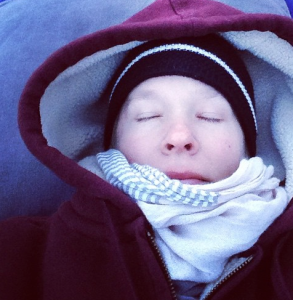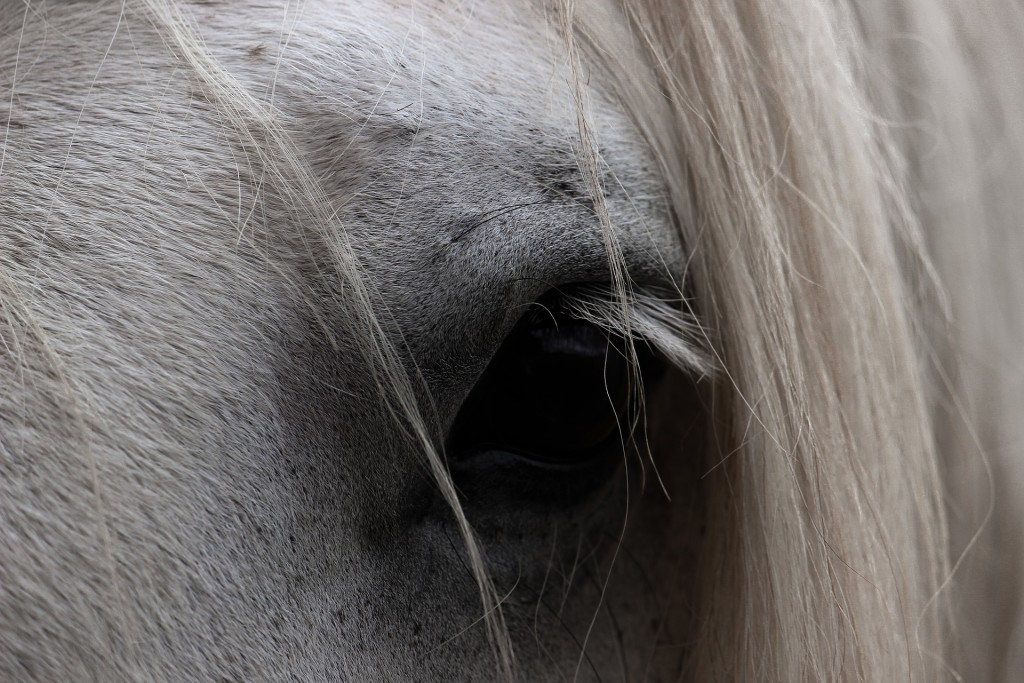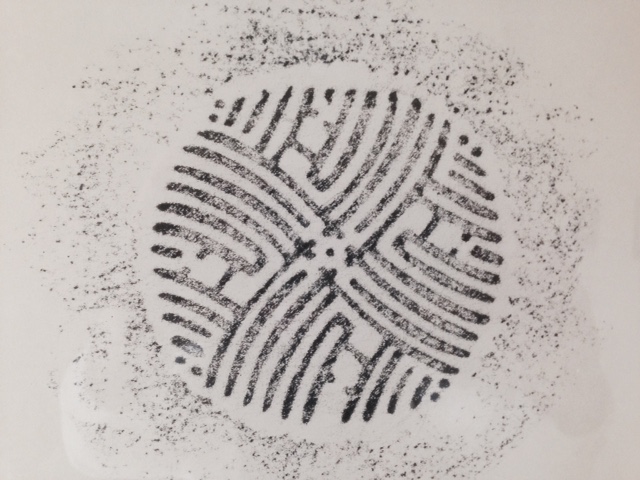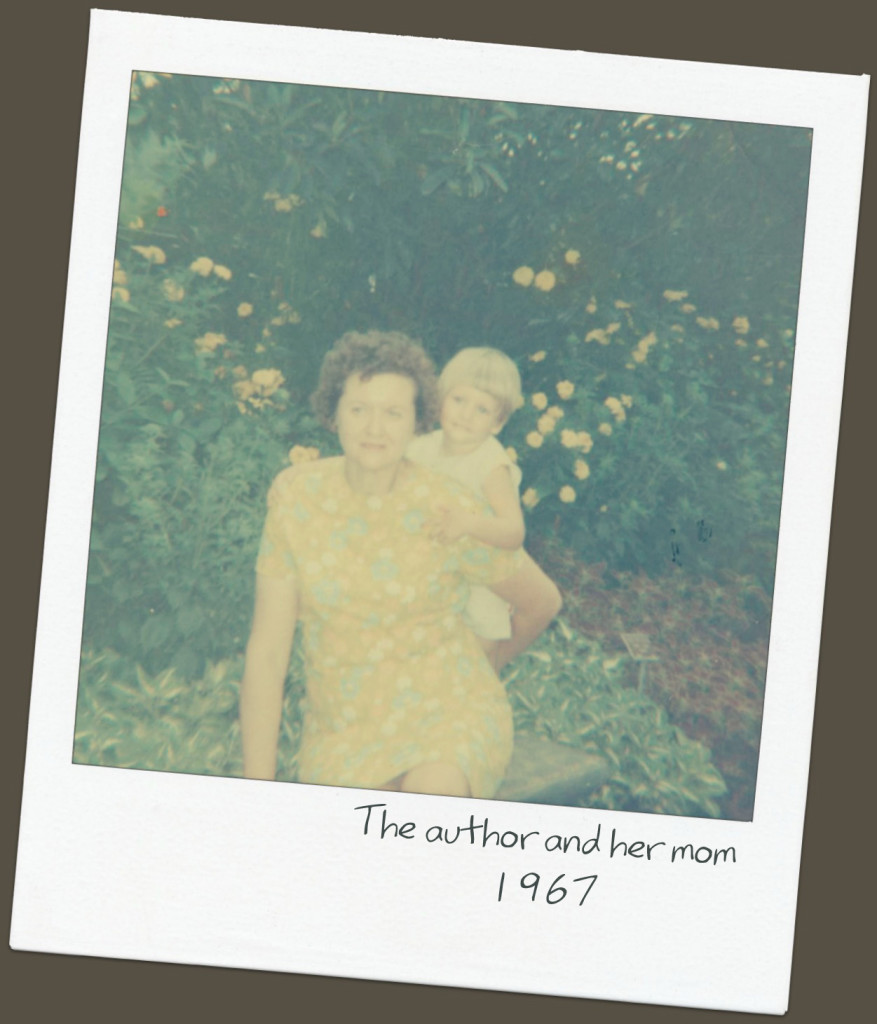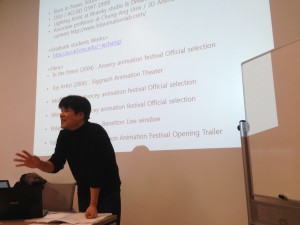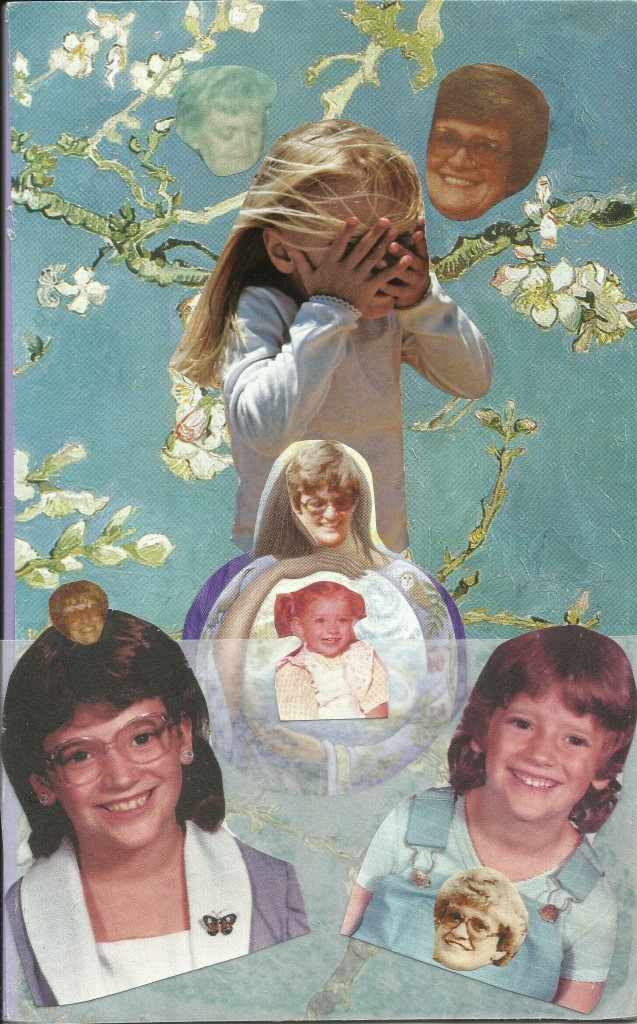All shall be well, and all shall be well and all manner of thing shall be well. ~Julian of Norwich
What is your difficulty?
What feelings arise?
How is it affecting you?
What is your part or participation in the difficulty?
What are you learning about yourself, others, the difficulty?
What can you shift in your feeling or thinking?
How do you choose to work with your difficulty?
What is the difficulty teaching you?
She died the first week of July, 2015.
After two weeks having known her, the young woman with a terminal brain tumor passed away.
Serendipitously, our paths had crossed online as I was exploring the beginnings of a project I felt called to launch, a project that invited young people with terminal illness to share their experience of living while dying. This terminally ill young woman told me that she wanted to be a part of what I was doing and was amazed that anyone cared about what wisdom she might have to share.
I invited her to be my project’s first story.
Early on in our two-weeks of conversation that knew no boundary of night or day, she told me the doctors were trying to keep her comfortable for her remaining time. Our dialog found its niche between my real-life duties and obligations and her end-of-life care, with an ease and urgency that precluded social convention. The fact that it was online and we could each respond whenever we had the time or opportunity kept our connection ongoing.
I listened as she talked about her family, her life before and after the diagnosis, her beliefs, feelings, hopes, and dreams, how she had lived and how she wanted to die. She told me how worried she was for her parents that they would have to experience her death, how afraid she was of the unknown she faced as she neared her last days, how she wished people could just understand that our purpose in this life – all of us – is simply to love and be loved.
Witnessing the last days of her life by listening to her stories felt like a sacred gift, a unique and rare opportunity to connect deeply and profoundly with another human being around something typically so private. I was honored by the roles I was allowed to play – as a friend and confidant, as a witness and support. I felt awed that our connection began with her simple response to something I wrote online, and ended only a few hours after our last chat when her mother messaged to inform me that her daughter had died.
I worked tirelessly that same day to get my project’s website launched and to publish her story as a tribute. And although I was heartbroken for her family and friends, I was grateful she was no longer in pain, and humbled and grateful to have gotten to know this special person before she was gone.
*****
In September, two months after her passing, I received an urgent message from her mother. She said someone had stolen her daughter’s identity and was using it online. She insisted that I immediately remove her daughter’s story from the website.
I felt a visceral sense of dis-ease at the request. Although her daughter had been of legal consenting age, I knew this was bigger than me and my intentions for this project and that I couldn’t say no. I worried about letting this young woman down, as I reluctantly agreed.
It felt unfathomable to me that this young woman’s final act of offering the wisdom of her experience to the world was for nothing. Not only did I feel frustrated and hurt that her voice had been silenced, I felt aimless having lost the foundation for my project.
Her mother’s request exposed different layers of my grief. I felt acutely saddened by the loss of her, the loss of her contribution, and the loss of the potential impact of her story.
Still in the midst of my feelings of loss, two days later, I received a mysterious message from a woman who had been on the project’s site looking for this young woman’s story.
“It was just there the other day,” she demanded. “Where is it?”
Curious, I responded that the family had asked that I take it down. I asked why she was interested.
She said she had been in contact with someone using the same name and identifying characteristics of the young woman in my story. She went on to suggest that this young woman had never existed and that the whole thing was a farce.
While there was no reason to believe her claim was true, it struck me – hard. Dumbfounded, I struggled to make sense of what this was about, what was true and not true. I wracked my brain considering the possibility that the person I had talked with and listened to so deeply hadn’t actually been terminally ill. I wondered whether it could have been someone pretending to be dying in order to feel seen and heard?
Do these things really happen? I grappled with the idea.
I consciously retraced my steps, through every interaction, every response, every answer. It occurred to me that beyond my faith that it was true, I had no way of knowing who had actually been on the other end of that virtual connection.
Doubts plagued me. That night as I tried to sleep, I tossed and turned. A panic began to take hold.
What if none of it had been real at all?
After midnight, feeling anxious and unsettled, I got out of bed. My puppy, Ritter, followed and we went outside. To steady myself, I inhaled deeply of the warm night air as Ritter rolled around in the grass, but my thoughts kept frantically spinning. Suddenly doubled-over, I felt sick with betrayal—both for the possibility of having been duped by another and for the sinking feeling that I may have betrayed myself by trusting implicitly that my connection with this ill woman was divinely orchestrated to get my project off the ground.
Was I a victim to my own desire to trust my hopes and dreams? Was I a victim to my own faith?
What is real? I wondered.
As that panicked question formed in my head, I looked up at the bright full moon and felt the grass, cool and damp, beneath my bare feet.
There had been a reason my sleepless night brought me outdoors.
Ah, I thought, anchoring into my connection to Nature, to the earth.
This is real.
I walked over by our garden and sat cross-legged on the lawn as Ritter crashed in alongside me, thrilled by this middle-of-the-night escapade. His heartbeat pulsed beneath my palm as I nestled it into his fur. With my other hand entwined in the grass, I could almost feel the heartbeat of the earth beating just as wildly.
This, I thought.
The earth beneath me, the warm night air, the stillness, the silence, this ecstatic pup, my place among it all.
This is real.
Gazing up at the moon, I felt a sense of groundedness and safety wash over me, taking the panic and fear along with it. While there was a part of me that knew it was prudent to mentally review my experience with this young woman and try to tease apart what happened, a wiser part of me knew it was more important that I review how it all felt.
Everything about it had felt right – how we interacted, how I listened to what was hard as she talked about how quickly she was declining, how I was able to encourage her as she expressed what she needed to share, how my questions naturally shifted from her past experience to how she was and what she needed in the present as she moved through her final days.
Instincts like that can’t be taught. I was grateful to realize that as a result of my experience I now knew I could do the work I was born into this life to do. I felt it like a remembering in my blood and in my bones, like an ancient calling.
That was all I needed to be sure of – myself, my two feet on the ground and my capacity to do the sacred work of inviting people to share their story.
I was being invited to surrender the rest—what was known or unknowable, what was true or untrue. None of that mattered. Whether I had been talking to someone who was actually dying or someone pretending to be, the only thing I needed to know was that I was real – the compassion and understanding and love for the young woman that the experience had garnered in me were as real as the earth beneath me.
This.
This is real.
And if the whole thing had been a ruse?
Then I imagine it as a most elaborate role play designed to call me home to this one unequivocal truth:
I trust myself, my calling, and my purpose.
Christy Moe Marek. Minnesota. The United States.
